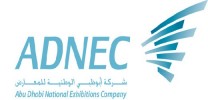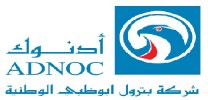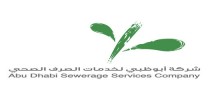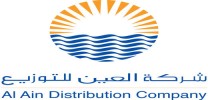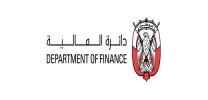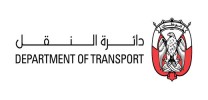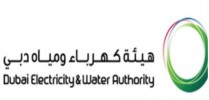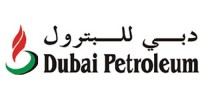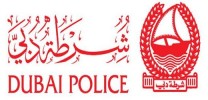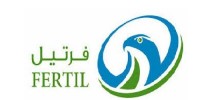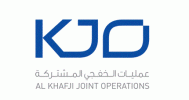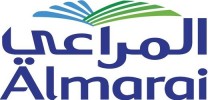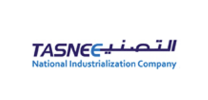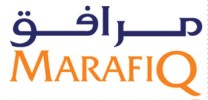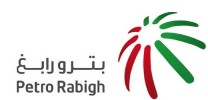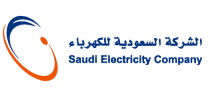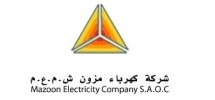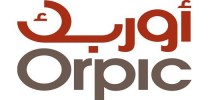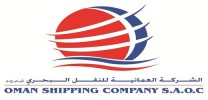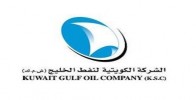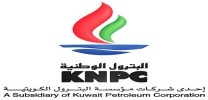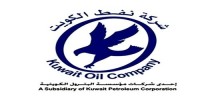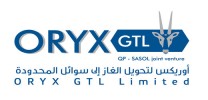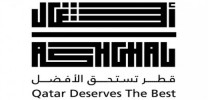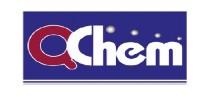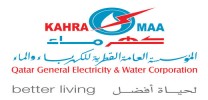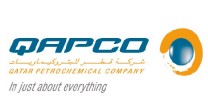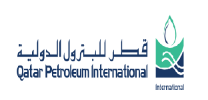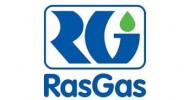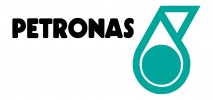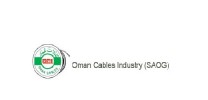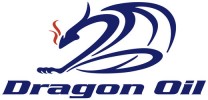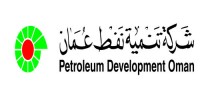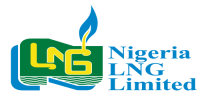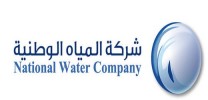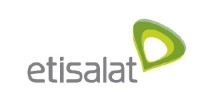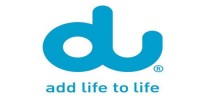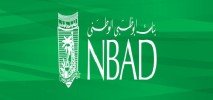
Process Control & Instrumentation Troubleshooting & Problem Solving
Course Introduction:
This course presents a systematic approach to troubleshooting and start-up of single- and multi-loop control loops. You'll see how pressure, level, flow, and temperature loops operate to maintain good process control systems. Knowledge of instrumentation and control is assumed.
The course will also cover on maintenance, calibration and troubleshooting of different instrumentation devices and systems. Minimum operation theory is also included either as an introduction or on refreshment basis.
Course Objectives:
Upon successful completion of this course, the delegates will be able to:
· Develop a systematic approach to troubleshooting
· Identify why a systematic approach to troubleshooting is most effective
· Follow specified procedures for proper loop check-out
· Verify, locate, and identify performance problems and the causes of the problems
· Take or recommend appropriate follow-up procedures to minimize problem recurrence
· Identify the common causes of sensor, transmitter, controller, and final control element problems
· Troubleshoot control systems
· Apply distributed control system (DCS) functions for troubleshooting
· Interpret pneumatic and electronic loops
· Apply safety practices for start-up
· Check and utilize control loop documentation
· Discuss applications and procedures to troubleshoot conventional analog control systems
· State the general operation features of a HARTTM control system
· State the general operations features of a FIELDBUS control system
· Compare general troubleshooting procedures for conventional, FIELDBUS, and HARTTM control systems
Who Should Attend?
This course is intended for all Automation engineers, Chemical engineers, Consulting engineers, Control engineers, Design engineers, Electrical engineers, Instrument fitters, Maintenance engineers, Mechanical engineers, Operations and Production engineers, Process control technicians, Project engineers and managers.
Course Outline:
Day 1:
Introduction
· Purpose of Troubleshooting
· Reasons for Troubleshooting
Approaches to Troubleshooting
· Equipment History
· Input / Output (Serial)
· Shotgun Approach
· Logical Analysis
Logical Analysis Troubleshooting
· Verify
· Identify
· Repair
· Test
· Follow-up on Problems
Day 2:
Standard Diagrams and Symbols
· Process and Instrument Drawings
· Loop Drawings
· Process Flow Diagrams
Single-Loop Feedback Control Troubleshooting
· Measurement Concerns
· Valve Concerns
· Controller Operations
· Signal Conditioners
· Troubleshooting Simulation
Day 3:
Multi-Loop Control Systems Troubleshooting
· Ratio (Controlled Stream, Wild Stream)
· Cascade (Primary and Secondary Loop)
· Three-Element Drum Level Control
· Troubleshooting Simulation
Introduction to Digital Control Systems
· Advantages
· Digital Control (DDC)
· Supervisory
· Supervisory Plus DDC
· Analog Back-up
· HART Systems
· FIELDBUS Systems
Day 4:
Distributed Control Functions for Troubleshooting
· Elements
· Displays (Graphic, Trend, Alarm)
Start-up Concerns
· Safety
· Documentation
· Tuning Review
· Component Check-out
Maintenance concepts in instrumentation
Typical maintenance activity
Types of Maintenance
Day 5:
Troubleshooting basics
Hazards, Risks & their analysis
Failures & Reliability
Principles of Preventive Maintenance (PM) and Corrective Maintenance (CM)
Safety Integrity Level
Maintenance and troubleshooting of Pneumatic Field Instruments
Maintenance and troubleshooting Electronic Field Instrumentation
Maintenance and troubleshooting of control valves
Maintenance and troubleshooting of Switches, Thermometers & Gauges
Maintenance and troubleshooting of DCS's and PLC's
Fundamentals of instrumentation calibration
Typical Solutions
Course Methodology:
A variety of methodologies will be used during the course that includes:
· (30%) Based on Case Studies
· (30%) Techniques
· (30%) Role Play
· (10%) Concepts
· Pre-test and Post-test
· Variety of Learning Methods
· Lectures
· Case Studies and Self Questionaires
· Group Work
· Discussion
· Presentation
Course Fees:
This rate includes participant’s manual, Hand-Outs, buffet lunch, coffee/tea on arrival, morning & afternoon of each day.
Course Timings:
Daily Course Timings:
08:00 - 08:20 Morning Coffee / Tea
08:20 - 10:00 First Session
10:00 - 10:20 Coffee / Tea / Snacks
10:20 - 12:20 Second Session
12:20 - 13:30 Lunch Break & Prayer Break
13:30 - 15:00 Last Session





.jpg)

















